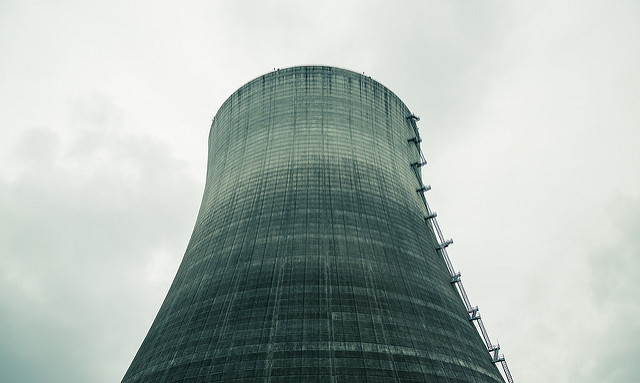President George Bush called for approximately 6,000 National Guard by the end of July to temporarily patrol the U.S.-Mexican border in a policy speech in May. The idea was to immediately increase the security of the border while new personnel were recruited for the Border Patrol. On the 30 June deadline to have 2,500 troops along the Mexican border, the National Guard said Friday that only 483 were in position and working with the U.S. Border Patrol.
Topical:





